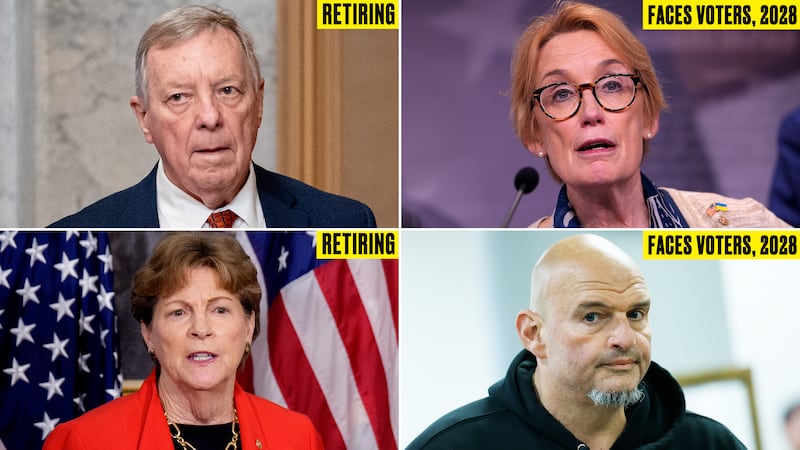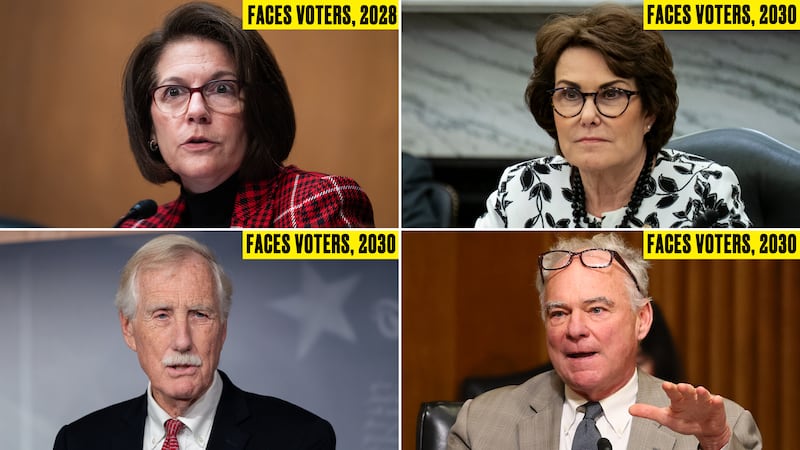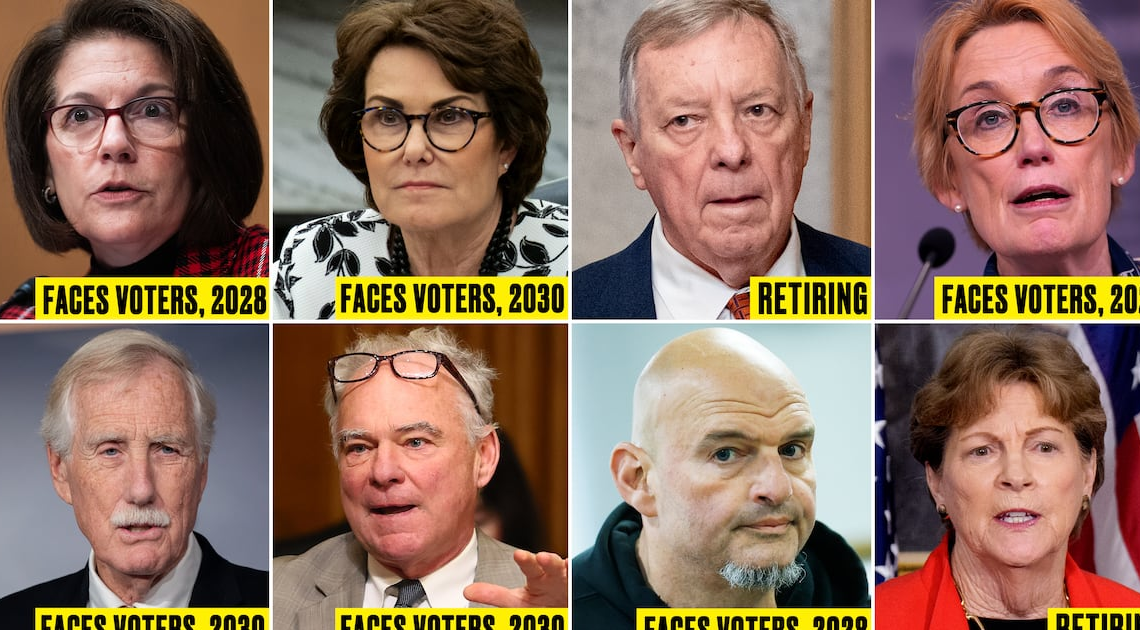

The post Dems Who Caved on Shutdown Battle Have One Key Thing in Common appeared first on The Daily Beast.



The post Dems Who Caved on Shutdown Battle Have One Key Thing in Common appeared first on The Daily Beast.
President Donald Trump admitted in a letter to Congress that he has no idea how his war with Iran will ...
Read more